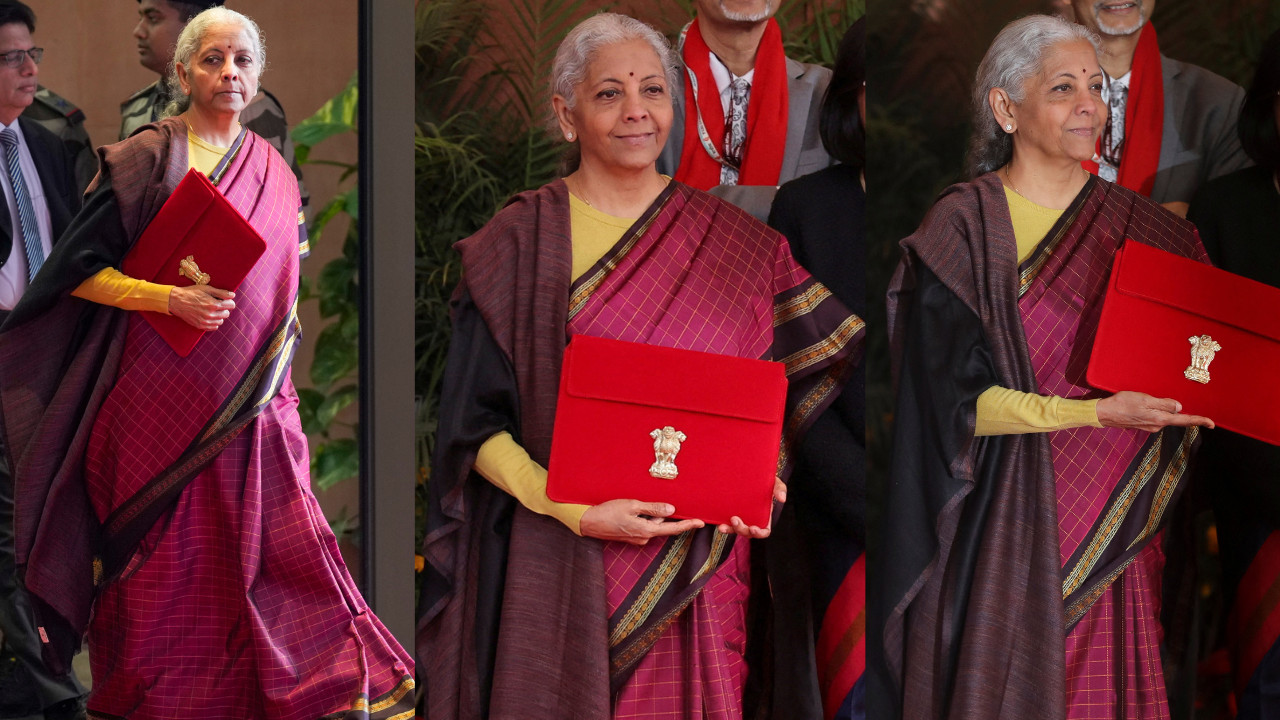Riding the Wave: Why the EU-India Trade Talks Signal a Bright Future
The air crackles with potential. Whispers of opportunity turn into concrete discussions, and the world watches as India and the European Union navigate the complex dance of international trade. The recent round of talks, focused on the long-awaited Free Trade Agreement (FTA), weren’t just another meeting; they were a powerful statement, a reaffirmation of commitment in a world often characterized by uncertainty.
Why all the buzz? Well, the EU-India relationship is a sleeping giant, slowly awakening to its immense potential. For years, discussions have stalled, bogged down by intricate details and differing priorities. But this time feels different. There’s a palpable sense of momentum, a shared recognition that unlocking this partnership could be a game-changer for both sides.
Think about it: India, with its burgeoning economy, its young and ambitious workforce, and its rapidly expanding consumer market, is a tempting prospect for any nation. The EU, a powerhouse of innovation, technology, and established global trade networks, brings its own set of advantages to the table. Marrying these two forces could create a synergy that ripples across the global economy.
Deep Dive: Exploring the Benefits of Stronger EU-India Trade
The potential benefits of a strong EU-India trade relationship are vast and varied. On the Indian side, access to the EU’s sophisticated markets could provide a significant boost to its manufacturing and service sectors. Imagine Indian textiles, pharmaceuticals, and engineering goods finding new homes on European shelves. The FTA promises to lower tariffs and streamline trade processes, making it easier and more cost-effective for Indian businesses to compete on the global stage.
For the EU, India offers a rapidly growing market hungry for European goods and services. From luxury cars to cutting-edge technology, Indian consumers are increasingly eager to embrace what Europe has to offer. Furthermore, India’s strategic location and its growing role in global supply chains make it an attractive partner for European companies looking to diversify their operations and reduce their reliance on other regions.

Beyond the purely economic considerations, a stronger EU-India partnership could also have significant geopolitical implications. In an increasingly multipolar world, forging strong alliances is crucial. A united front between India and the EU could help promote stability, uphold international law, and address shared challenges such as climate change and cybersecurity. It could also serve as a counterweight to other global powers, fostering a more balanced and equitable world order. For more on India’s global standing, you might find this article on [India’s growing influence in global tech](internal_link_here) insightful.
Navigating the Hurdles: Challenges on the Road to a Free Trade Agreement
Of course, the path to a free trade agreement is never smooth. There are always hurdles to overcome, disagreements to resolve, and compromises to be made. One of the key challenges in the EU-India talks has been addressing concerns about intellectual property rights, particularly in the pharmaceutical sector. The EU has been pushing for stronger protections for its intellectual property, while India has been wary of measures that could limit access to affordable medicines.
Another sticking point has been on issues related to labour and environmental standards. The EU has been keen to ensure that any trade agreement with India includes robust provisions to protect workers’ rights and promote sustainable development. However, India has argued that these provisions should not be used as a barrier to trade.
Optimism Remains: Why the Future Looks Promising for EU-India Trade
Despite these challenges, the underlying sentiment surrounding the EU-India trade talks remains overwhelmingly positive. Both sides recognize the immense potential of this partnership, and both are committed to finding a way to bridge their differences. The recent round of talks, despite not resulting in an immediate breakthrough, demonstrated a renewed sense of urgency and a willingness to engage in constructive dialogue.
The global landscape is shifting. Geopolitical tensions are rising, and the need for reliable and resilient supply chains is becoming ever more apparent. In this context, a strong EU-India trade relationship is not just desirable, it’s essential. It’s a win-win situation that can benefit both sides, strengthen the global economy, and promote a more stable and prosperous world.
The path ahead may not be easy, but the direction is clear. The EU-India partnership is poised to enter a new era, one characterized by greater collaboration, deeper integration, and shared prosperity. The potential is there, the commitment is evident, and the world is watching with anticipation. The future of EU-India trade looks bright, promising a wave of opportunities for businesses and consumers alike.







